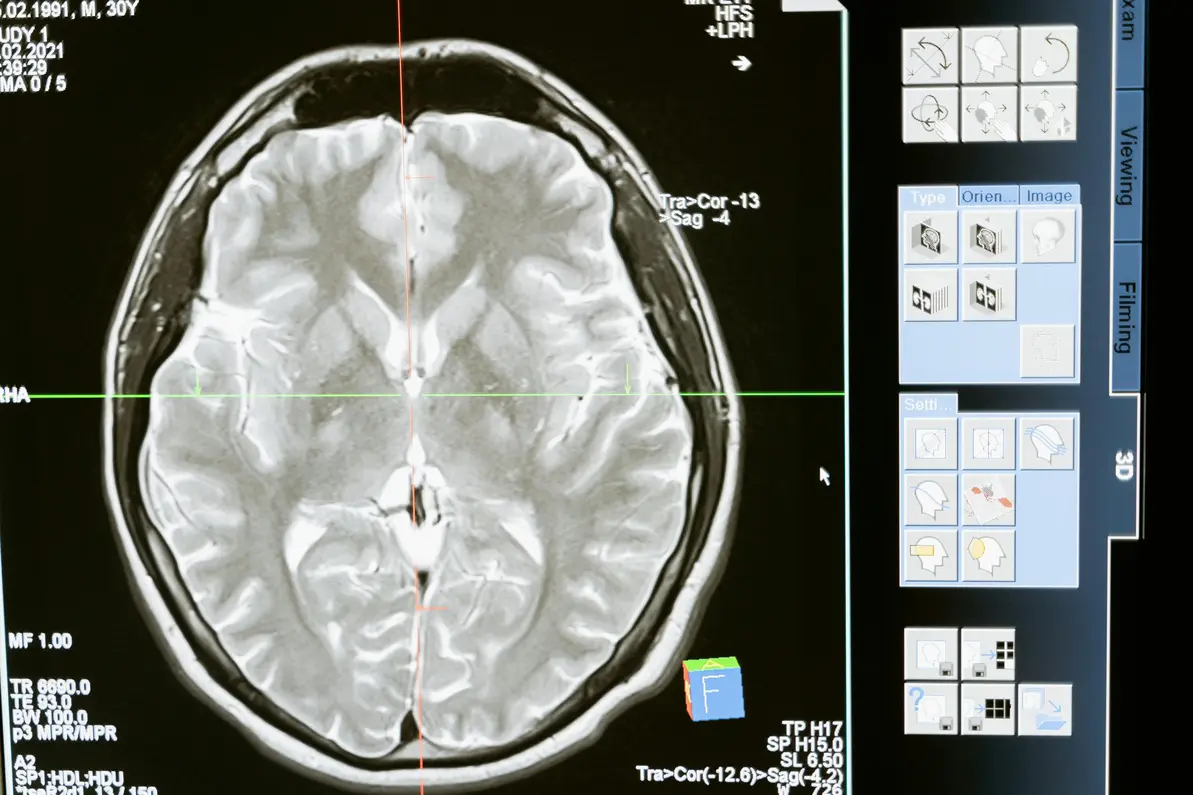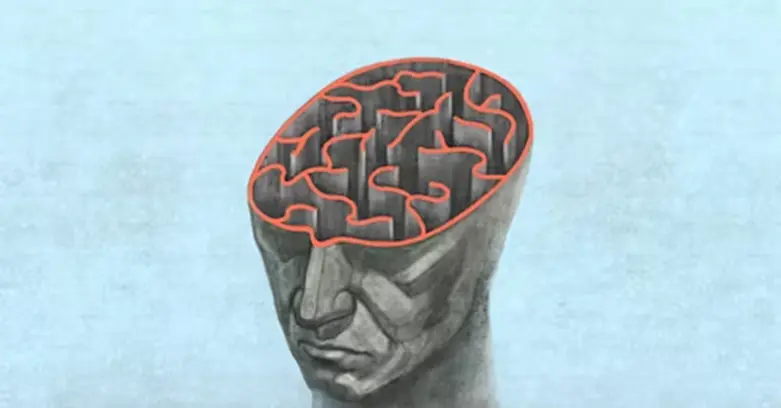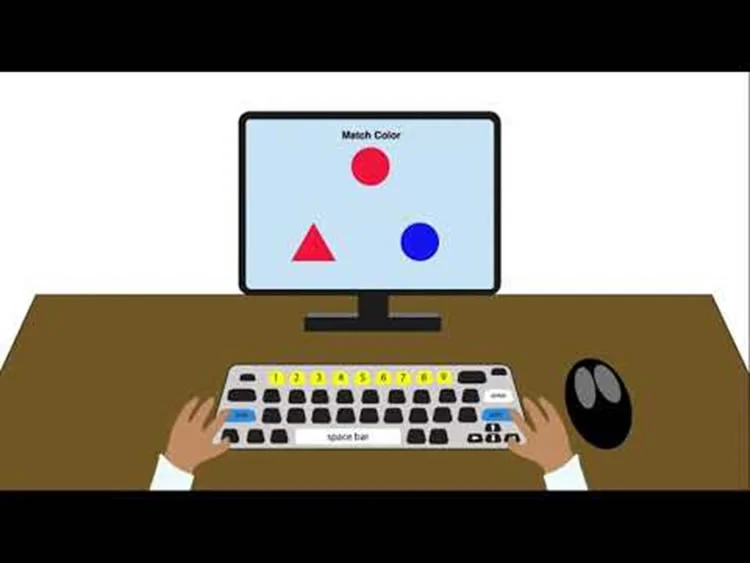Some levels of stress are good because they stimulate us to learn or engage in new activities. However, when stress exceeds our ability to cope it can be harmful. According to Kulshreshtha (2023) multiple studies show stress to be a modifiable risk factor for mild cognitive impairment and Alzheimer’s disease. Stress is associated with hormone imbalances, sleep impairment, inflammation, stroke risk, and cardiovascular dysfunction. All these dysfunctions have been identified by Dale Bredeson MD as factors driving the pathology associated with Alzheimer’s disease.
Kulshreshtha (2023) conducted a cohort study with more than 24,000 adults over age 45 years in what is known and the REGARDS study, which was designed to explore underlying reasons for stroke. Subjects were followed over four years. The study found that people with elevated stress were more likely to have uncontrolled cardiovascular risk factors and unhealthy lifestyle factors. The authors point out that after adjusting for the above factors there was an independent association between stress and lower cognitive scores.
Multiple studies have established that elevated levels of stress biomarkers are associated with brain atrophy. Glucocorticoids are stress hormones that can cross the blood-brain barrier and negatively influence cognition. A study among middle-aged adults showed that people who reported greater job stress related to lack of control of their occupation were at greater risk of cognitive impairment in later years (Andel, 2011).
A publication from Harvard Health (Ressler, 2/15/2021) explains that stress can change your brain. When one part of your brain is engaged, the other parts of your brain may not have enough energy to perform their own tasks. For example, if you are in an emotionally demanding or dangerous situation the part of the brain that manages survival instincts, the amygdala, takes over. This leaves the parts of the brain that store memory, such as the hippocampus, and the cortex which performs higher order tasks with less energy to get their jobs done. In other words, the brain shuts down memory because it is in survival mode.
Ressler adds that chronic stress may re-wire the brain. Animal studies have revealed that chronic stress results in less brain activity in parts of the brain that handle higher order tasks and results in more activity in primitive parts of the brain, such as the amygdala. Some of these changes may be reversible. Some research indicates that people who are resilient in the face of past childhood trauma may have created new compensatory mechanisms to help overcome stress related brain changes.
Case Example (Note: Identifying data has been changed.)
Clare, a 70-year-old woman was experiencing memory decline and enrolled in the ReCode program. Her Montreal Cognitive Assessment Score (MoCA) was 20 over 30 at baseline, indicating moderate cognitive impairment. After months of implementing lifestyle changes and starting treatment for heavy metal toxicity, Clare was showing obvious signs of cognitive improvement. She was scheduled for a reassessment which included a MoCA test.
At the follow-up visit Clare appeared noticeably tired and somewhat confused. She explained that the stressful job she retired from had requested that she return to work for one week to assist with anespecially important program. Clare said that this experience had set her back because of the stress of concentrating intensively over the work week. She respectfully refused to complete the MoCA test because she knew it would not reflect the progress she had made. She was heart sick that one stressful week had reversed months of progress. Clare commented that she had not appreciated the importance of the stress management component of the ReCode program.
Dr. Bredeson gives stress management significant attention in the ReCode program. It is one of the five pillars of the recommended lifestyle changes. Clinicians report that it is difficult to address stress with many patients. Perhaps the reason is that our modern world is stressful, individuals accommodate to stress, and therefore lose the perception that they really are stressed. They often fail to see the need to practice stress management. Literature has a term for this. It is called “poor perception.”
References
Andel R, et al. (2011). Indicators of job strain at midlife and cognitive functioning in advanced old age. J Gerontol B Psychol Sci Soc Sci.66(3):287-291. doi:10.1093/geronb/gbq105
Kulshreshtha A, et al. (2023). Association of stress with cognitive function among older black and white US adults. JAMA Netw Open. 2023;6(3):e231860. doi:10.1001/jamanetworkopen.2023.1860
Photo by: Pedro Figueras











